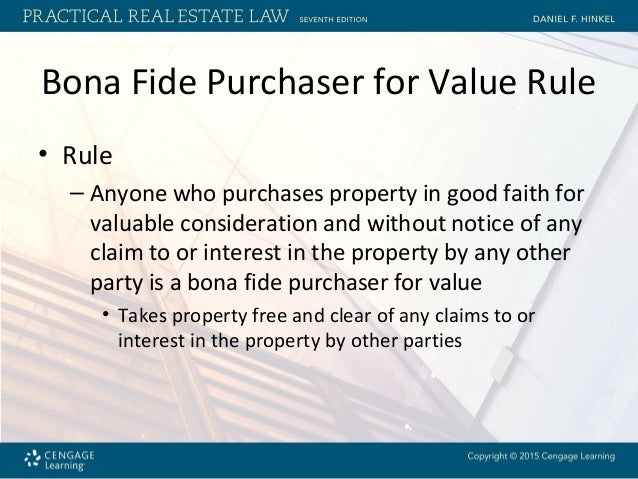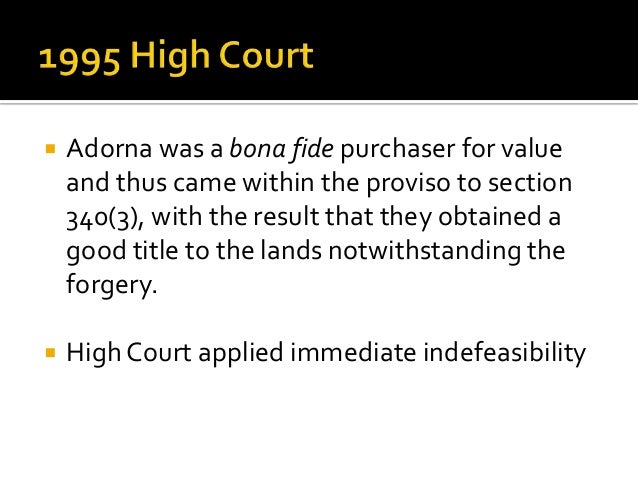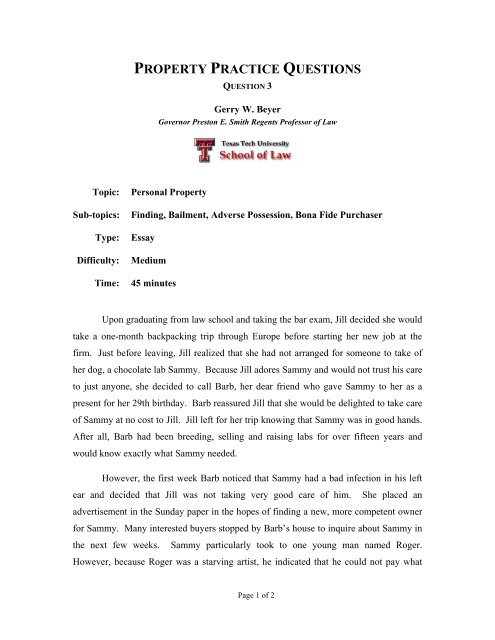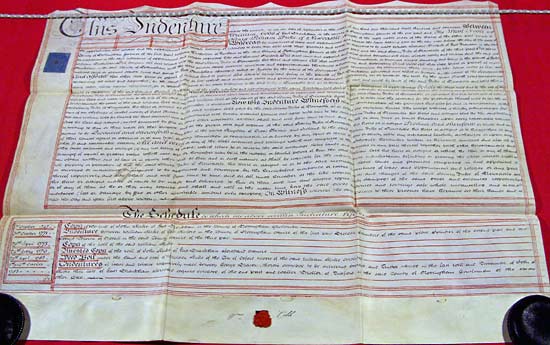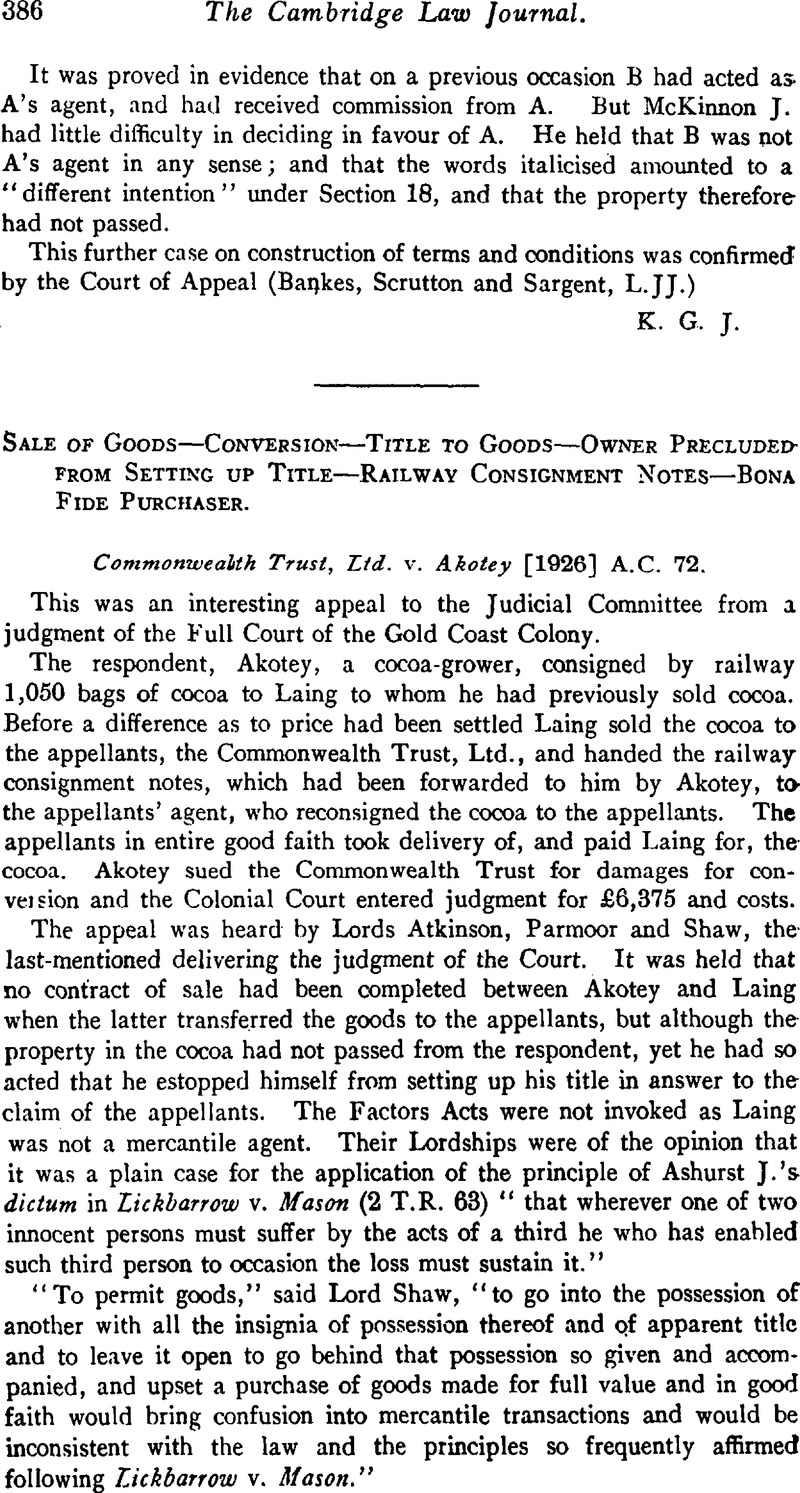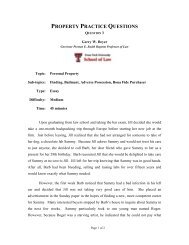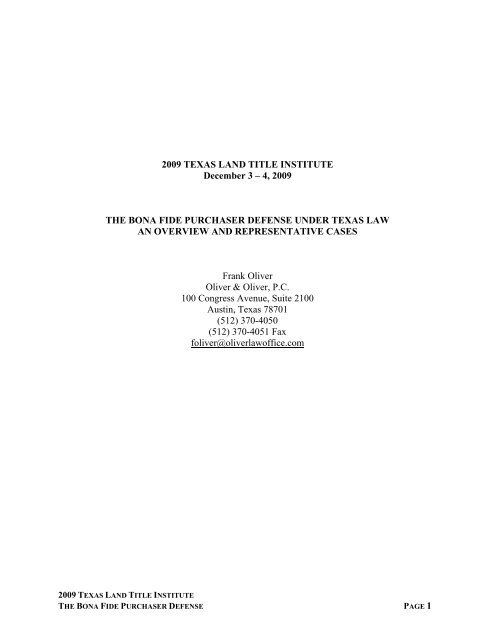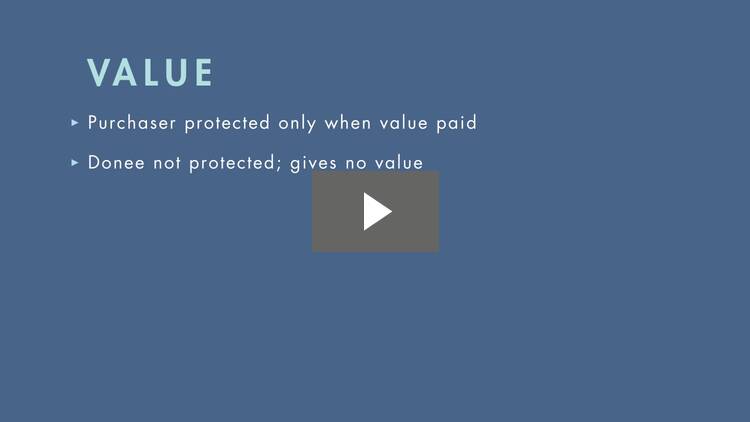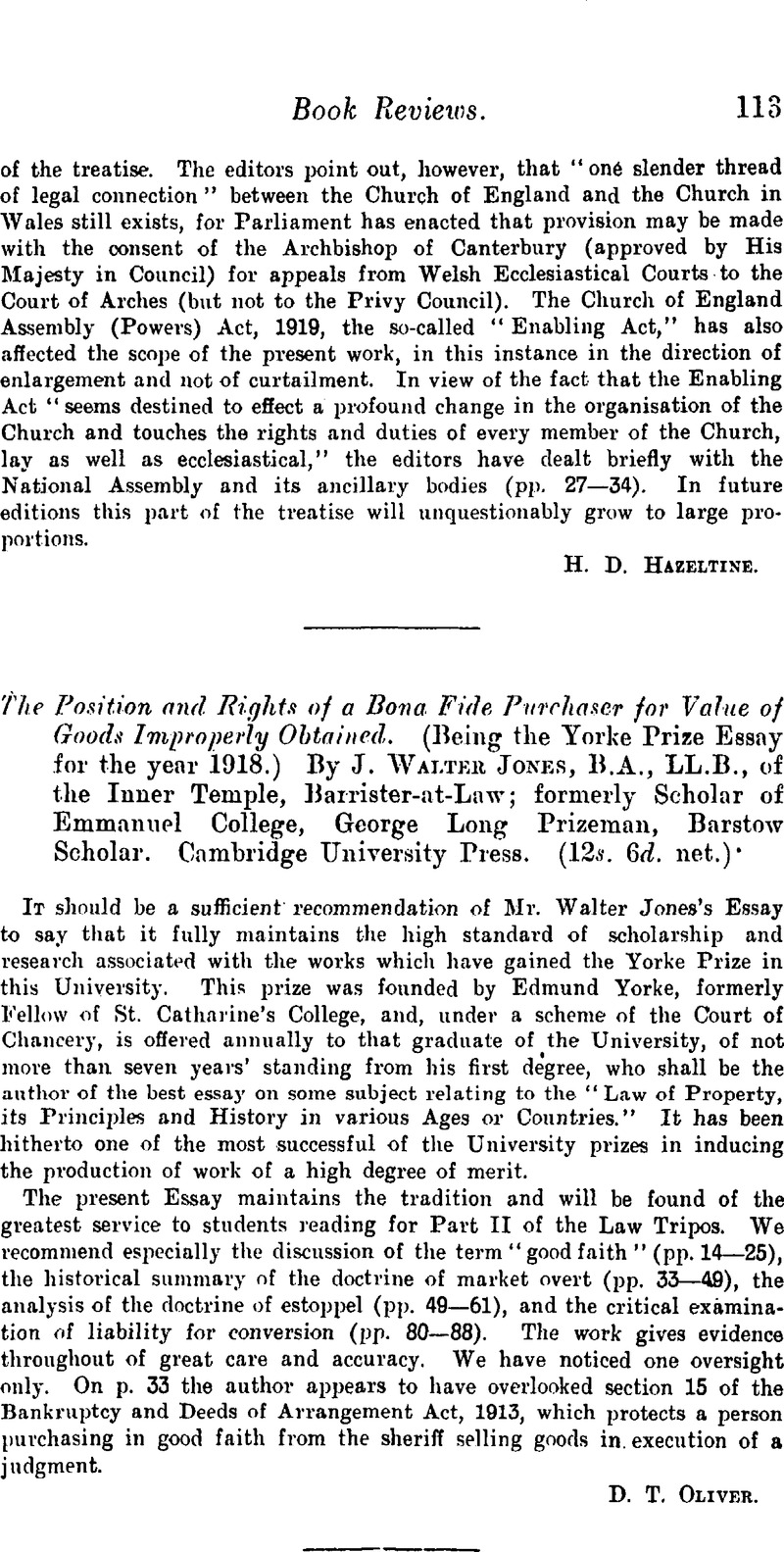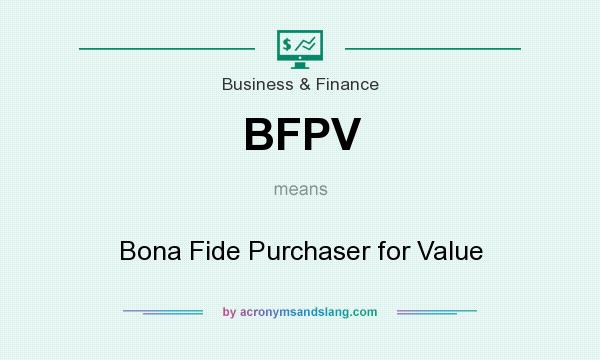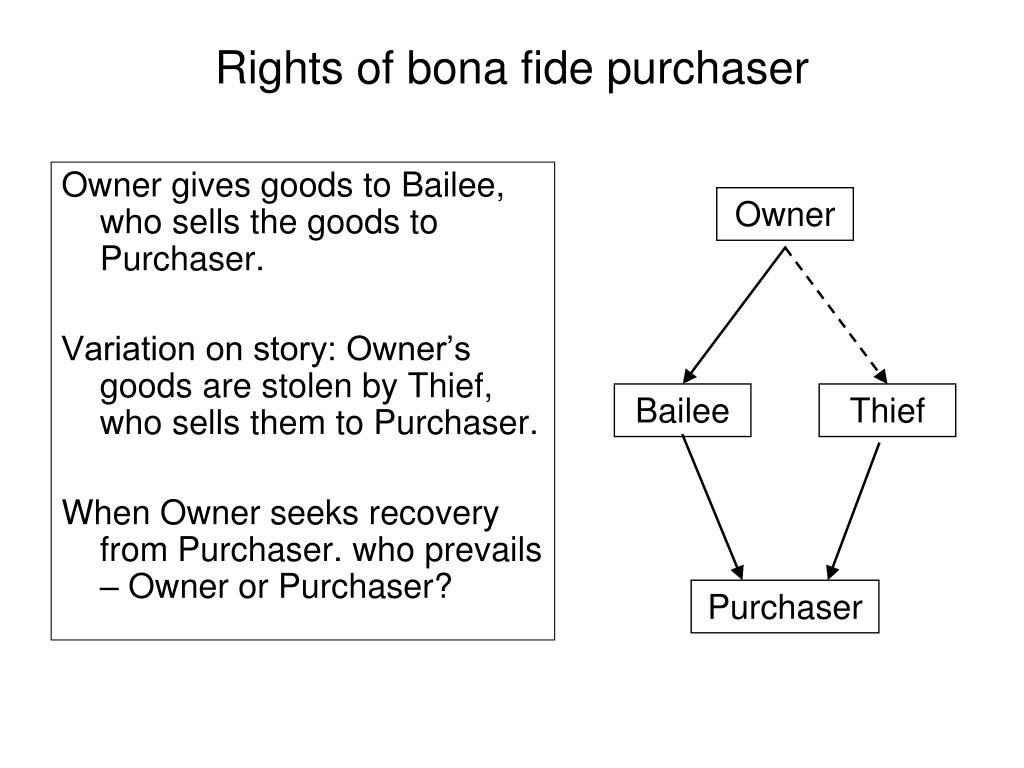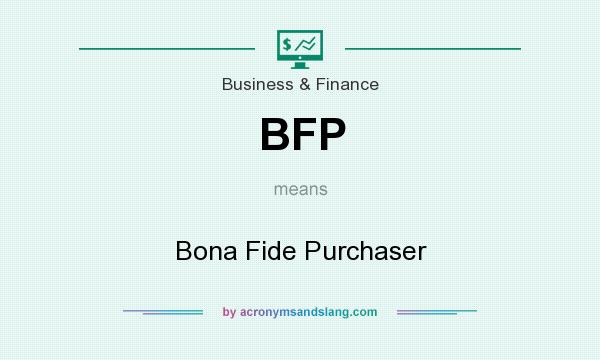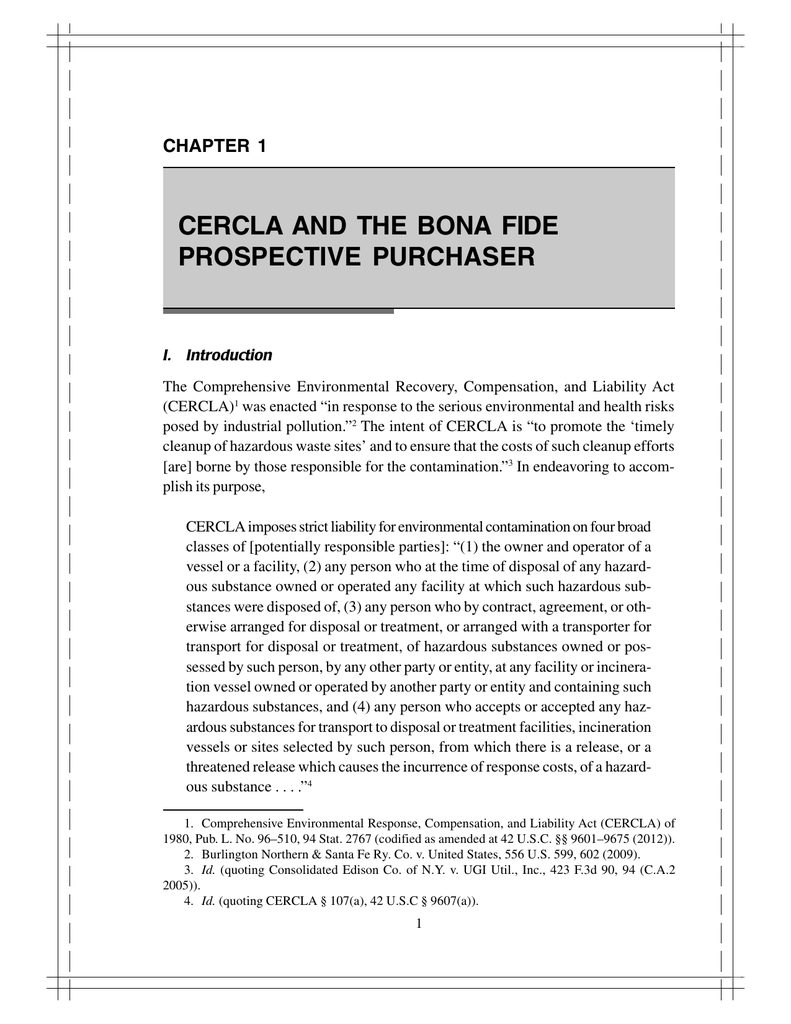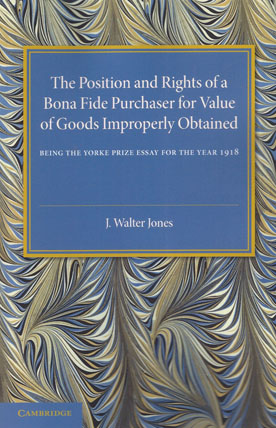Bona Fide Purchaser
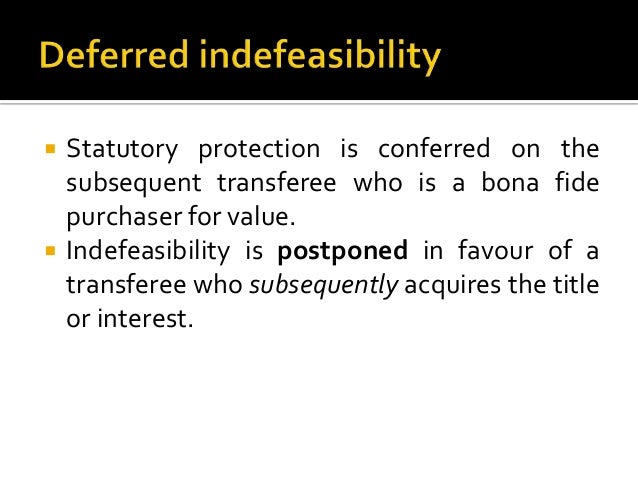
Commonly called bfp in legal and banking circles.
Bona fide purchaser. There are particular requirements for a bona fide purchaser of a security set out in uniform commercial code section 8 302. Innocent purchaser of property who purchases for value without notice of any other party s claim against the property. There are particular requirements for a bona fide purchaser of a security set out in uniform commercial code section 8 302. Under this section a bona fide purchaser is one who buys a security in good faith and without notice of any.
Commonly called bfp in legal and banking circles. A bona fide purchaser is one who buys property of another without notice that some third person has a right to or interest in such property and pays a full and fair price for the same at the time of such purchase or before he has notice of the claim or interest of such other in the property. Under this section a bona fide purchaser is one who buys a security in good faith and without notice of any adverse claims and who takes delivery of a certificated security either as a bearer security or as a registered security issued to him or her or endorsed to him or. A bona fide purchaser must as the name suggests purchase the property.
A purchaser who purchases in good faith without notice of any defect in title and for a valuable consideration called also bona fide purchaser for value note. The plea of a bona fide purchaser is essentially to protect such innocent purchasers. Commonly called bfp in legal and banking circles. A bona fide purchaser bfp referred to more completely as a bona fide purchaser for value without notice is a term used predominantly in common law jurisdictions in the law of real property and personal property to refer to an innocent party who purchases property without notice of any other party s claim to the title of that property.
One who has purchased an asset including a promissory note bond or other negotiable instrument for stated value innocent of any fact which would cast doubt on the right of the seller to have sold it in good faith. So long as a bona fide purchaser properly records the transaction the bona fide purchaser takes good title to the property despite competing adverse claims. Someone who inherits a parcel of property as a gift is not a bona fide purchaser because he did not purchase it. One who has purchased an asset including a promissory note bond or other negotiable instrument for stated value innocent of any fact which would cast doubt on the right of the seller to have sold it in good faith.
If a property is fraudulently sold to a bfp when someone else had already laid claim to it the bfp will still depending on the laws that govern that jurisdiction be able to claim ownership of the property.


